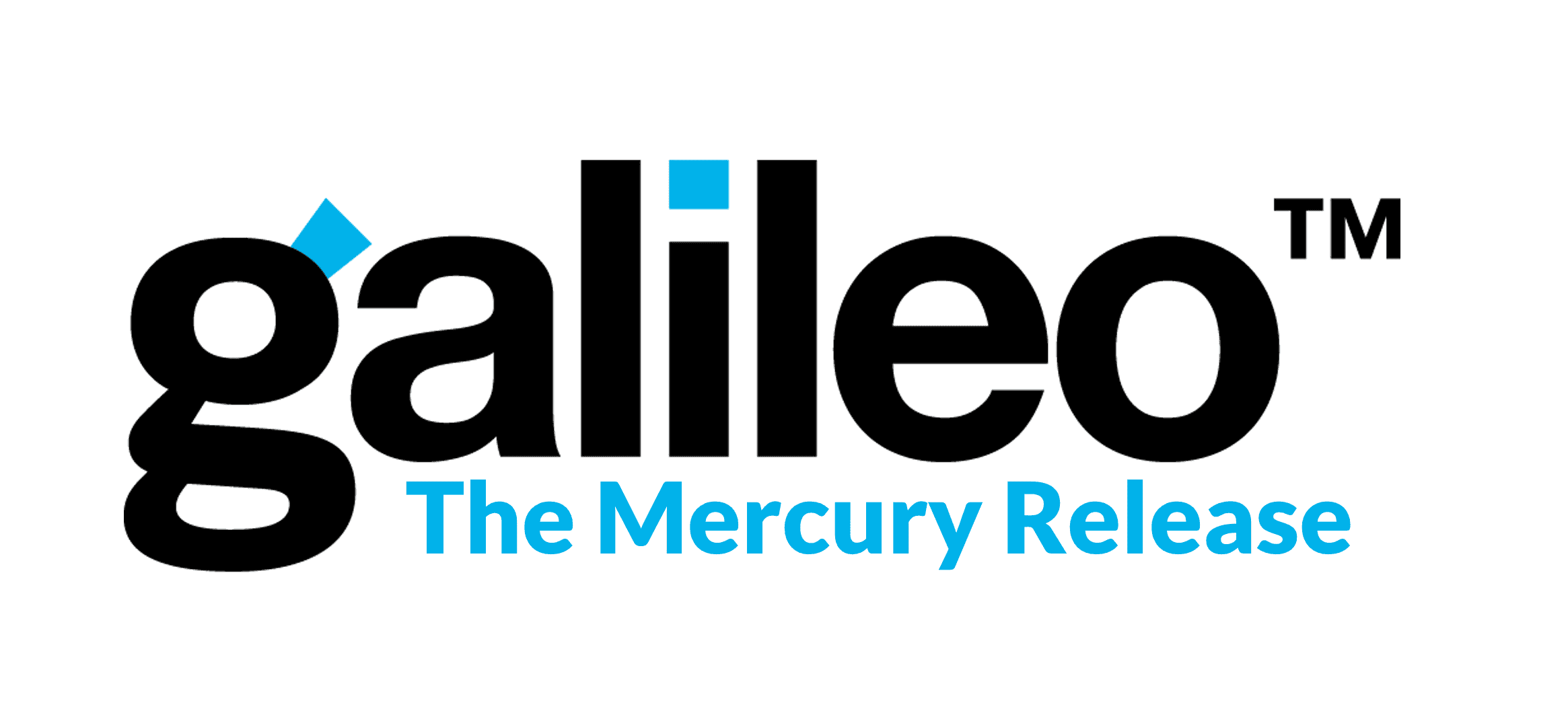New research released this week on global compensation trends highlights the critical importance of thinking outside the box on the employee value proposition—especially in an environment being rapidly reshaped by artificial intelligence and macro forces like economic uncertainty.
The State of Global Compensation Report, from global payroll and HR firm Deel, produced in partnership with equity management platform Carta, aggregated data from Deel’s 300,000-plus worker contracts across more than 150 countries to identify emerging global compensation trends.
Chief among these is that pockets of high compensation are concentrated in specific regions; Canada and the U.S. top the leaderboard, along with the U.K. When it comes to specific job categories, total compensation for highly skilled technical roles is climbing across the world, while U.S. employers tend to offer the largest equity packages.
In the background, AI and inflation are continuing to influence global compensation and job creation trends. For instance, researchers found that employers around the world are shifting from investing in general engineering positions to “highly targeted AI roles” for specific functions. These positions are paying up to 25% above base compensation levels.
At the same time, inflation is hitting such locations as Turkey and Argentina especially hard, driving employers toward one-time bonuses over compounding base salary increases.
The report laid out five recommendations for HR to focus on in a dynamic compensation market:
Diversify hiring. More than 80% of employees paid through Deel in the U.S. are categorized as full-timers, yet the same figure applies to contract workers in areas of Argentina, Mexico and Brazil. Tap these locations to diversify the talent pool, researchers say.
Target pay gaps. Deel found that gender pay gaps are more pronounced in tech and product roles, which is where HR should first concentrate when analyzing for pay equity.
Look at total comp. “HR teams should move beyond traditional salary-focused strategies and design compensation packages that integrate short-term cash rewards with long-term equity incentives,” researchers write. Equity should be positioned as a “central component” and not a perk.
Think locally. Deel found significant variation in equity grant levels across countries, suggesting that employers should tailor their equity strategies to meet local expectations.
Expect changes for AI roles. Competition for top AI talent is going to continue to increase, researchers say. HR can prepare by conducting regular salary reviews and other targeted retention strategies for in-demand technical talent.




















